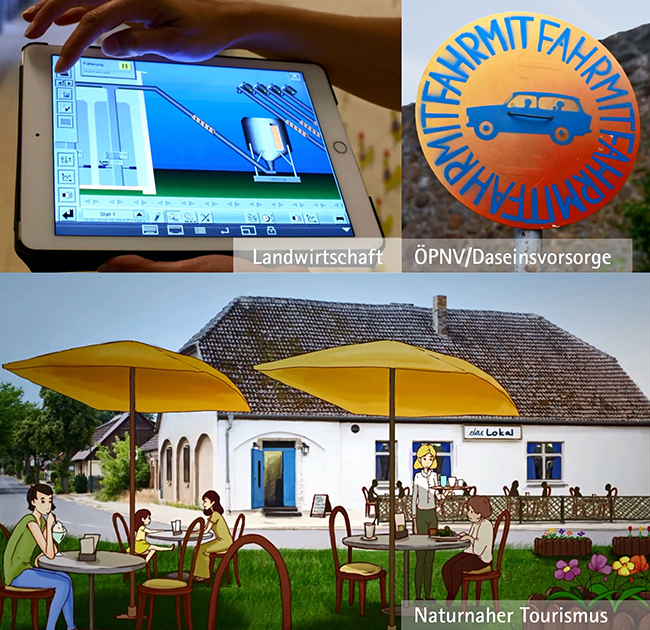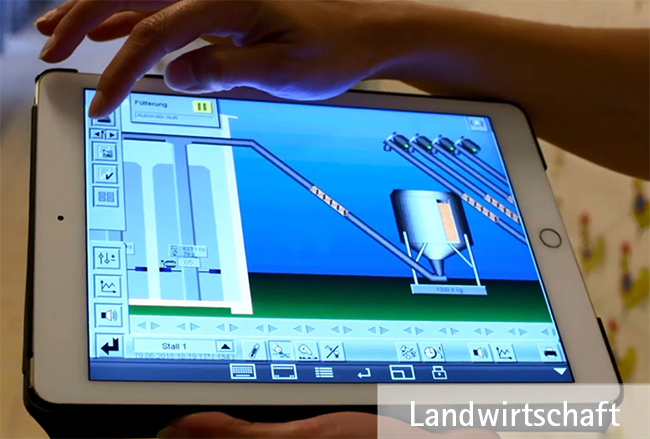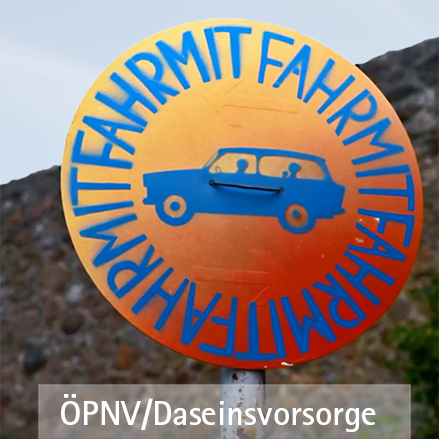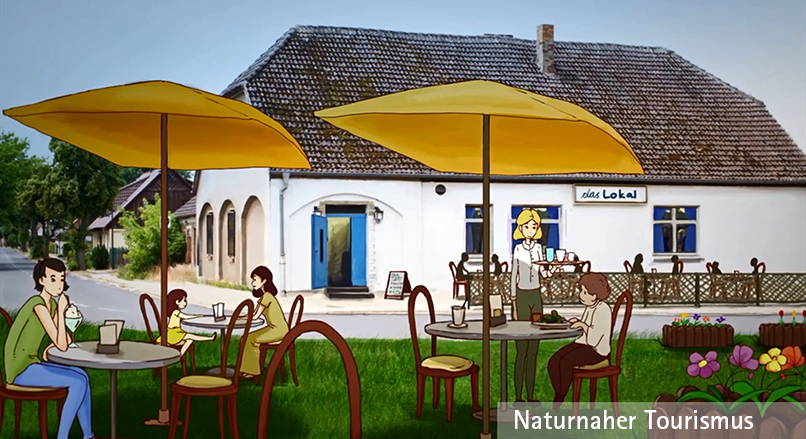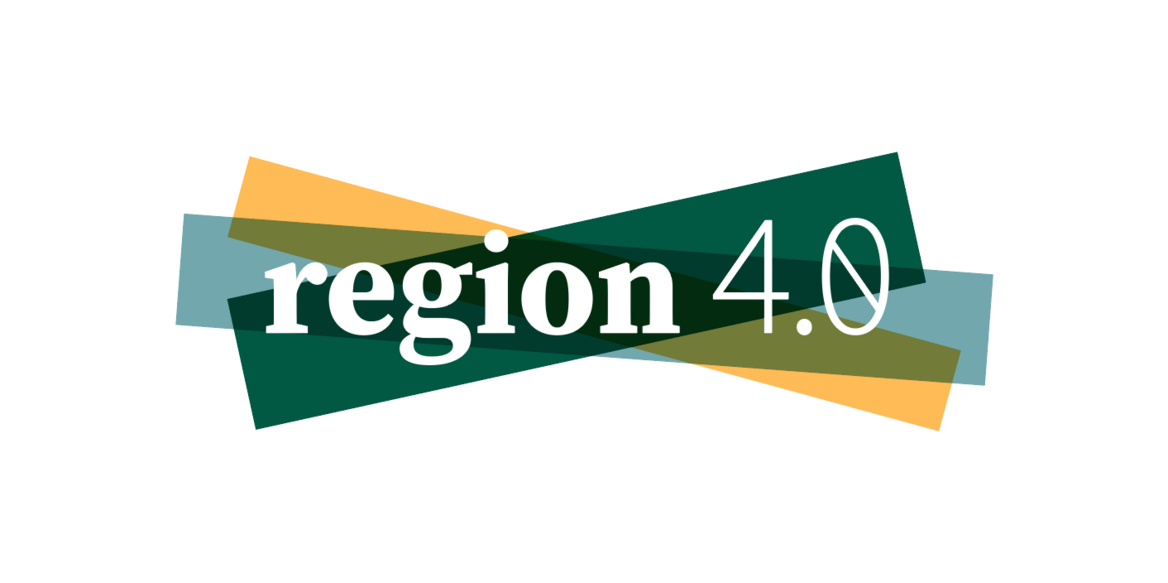WIR! Project alliance “region 4.0” - Sub-project on innovation environment and governance
Research department: Politics and Planning
Project Leader within IRS: Dr. Ludger Gailing
Consortium: Eberswalde University for Sustainable Development (Coordination) Leibniz Institute for Research on Society and Space Technical University of Berlin. Center Technology and Society Film University Babelsberg Konrad Wolf ICU Investor Center Uckermark Stadtwerke Schwedt Uckermärkische Verkehrsgesellschaft mbH Verband zur Förderung des Ländlichen Raumes in der Region Brandenburg-Berlin
Funding Organization: Federal Ministry for Research and Education (BMBF), funding programme "WIR! – Wandel durch Innovation in der Region“
Duration: 09/2019 - 12/2020
The project “region 4.0” is an alliance of the programme “Wandel durch Innovation in der Region (WIR!)” of the German Federal Ministry of Education and Research. The project alliance comprises relevant actors from the scientific, economic and public sector from Berlin and Brandenburg. The main objective of the “WIR!” alliance is to implement an innovation strategy “Regionalisation 4.0” which encompasses the development of innovative value networks in the action fields tourism, agriculture/food and public services/infrastructure within the region of Brandenburg (districts Barnim and Uckermark) and Mecklenburg-Vorpommern (former district Uecker-Randow).
The IRS is mainly responsible for conducting the sub-project on innovation environment and governance (part of work package on the development of an innovation strategy). The contribution of the IRS to the project alliance “region 4.0” is the scientific foundation and reflection with regard to the innovation strategy. The research-centered project contribution of the IRS is the empirical and methodical linkage of three perspectives on regional innovation processes: First, the scientific editing on innovation in “organisationally thin regions“; second, environment analysis with governance actors in the project region; third, comparison with similar “organisationally thin regions“ in Germany.


